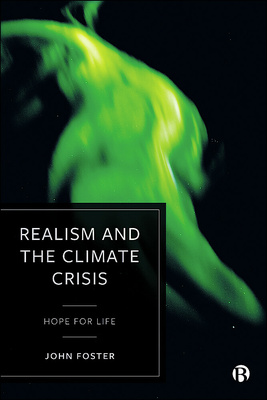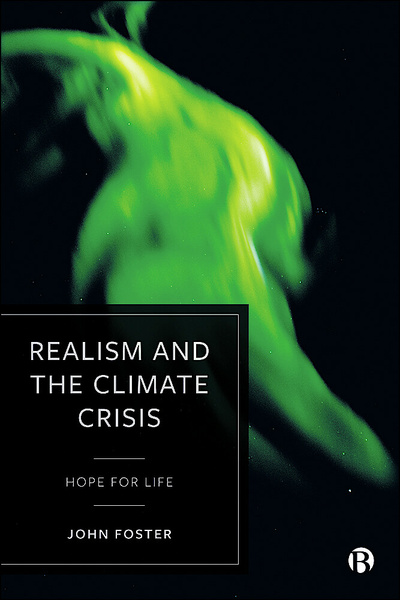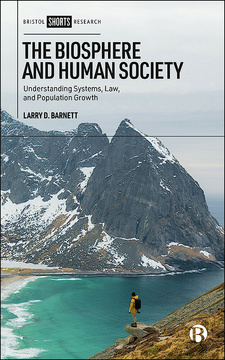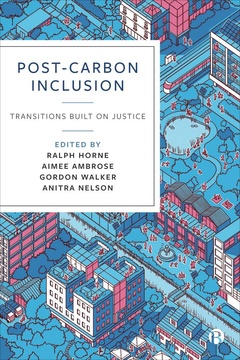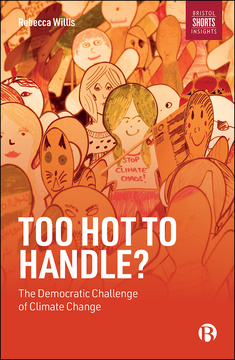Published
Feb 17, 2022Page count
206 pagesISBN
978-1529223279Dimensions
234 x 156 mmImprint
Bristol University PressPublished
Feb 17, 2022Page count
206 pagesISBN
978-1529223262Dimensions
234 x 156 mmImprint
Bristol University PressPublished
Feb 17, 2022Page count
206 pagesISBN
978-1529223286Dimensions
234 x 156 mmImprint
Bristol University PressPublished
Feb 17, 2022Page count
206 pagesISBN
978-1529223286Dimensions
234 x 156 mmImprint
Bristol University PressIn the teeth of climate emergency, hope has to remain possible, because life insists on it. But hope also has to be realistic. And doesn’t realism about our plight point towards despair? Don’t the timid politicians, the failed summits and the locked-in consumerism all just mean that we have left things far too late to avoid catastrophe?
There is a deeper realism of transformation which can keep life powerful within us. It comes at the price of accepting that our condition is tragic. That, in turn, calls for a harsher, more revolutionary approach to the demands of the emergency than most activists have yet been prepared to adopt.
This is a book to think with, to argue and disagree with – and to hope with.
"John Foster’s book is an important work in environmental philosophy, taking the discipline in hitherto unexplored directions." Environmental Values
“It is a long time since I read a book with such provocative power. It will be talked about. More than that, it may be literally vital.” Rupert Read, Associate Professor of Philosophy at the University of East Anglia and author of Parents for a Future
John Foster is a freelance philosopher and Honorary Teaching Fellow at Lancaster University.
Introduction: Hope, Realism and the Climate Crisis
1. The Demands of Realism
2. Transformation?
3. Creating Possibility
4. Responsibility Beyond Morality
5. The Bounds of Utopia
6. Climate Crisis as Tragedy
7. On the Way to Revolution
8. The New Revolutionary Dynamic
9. The Vanguard of Hope







